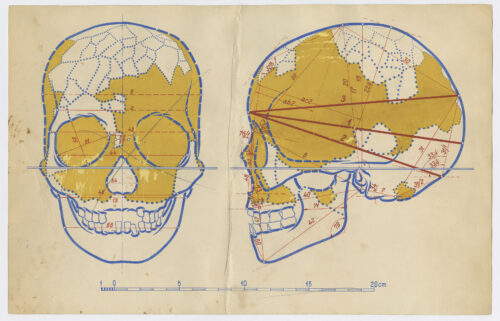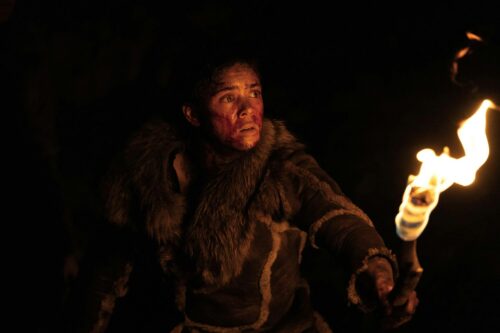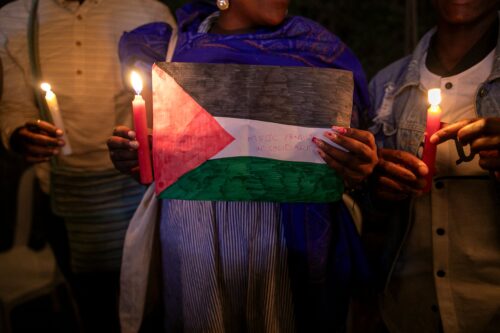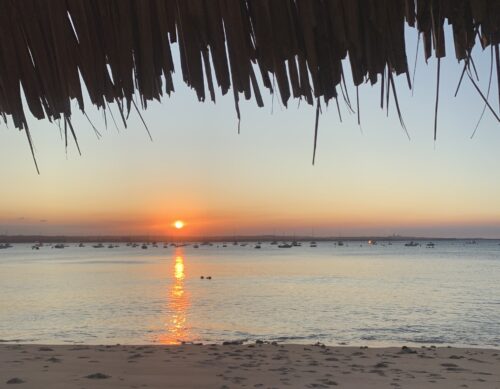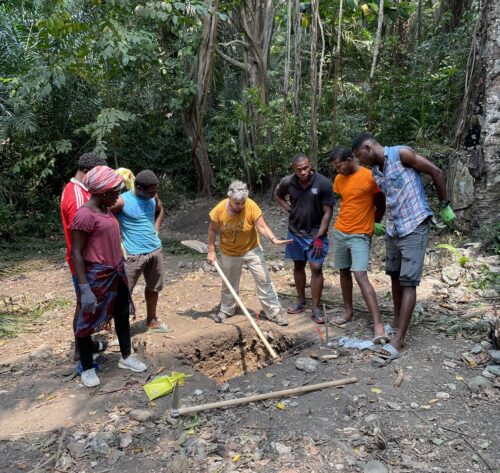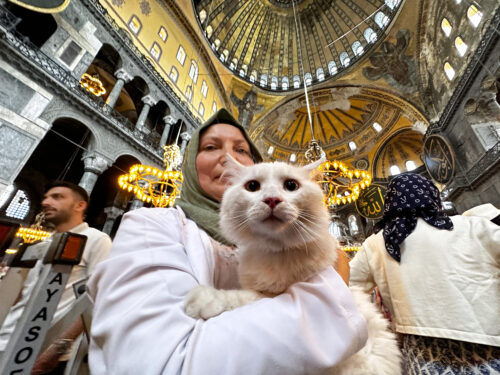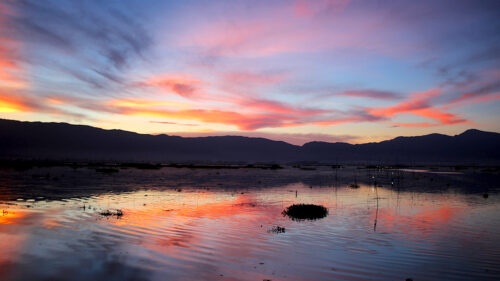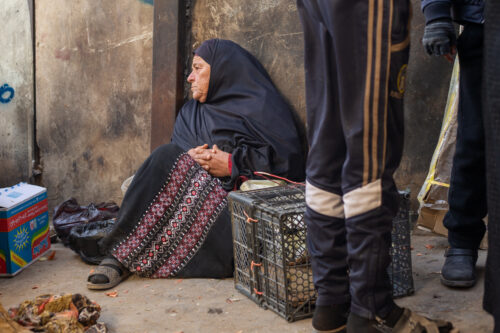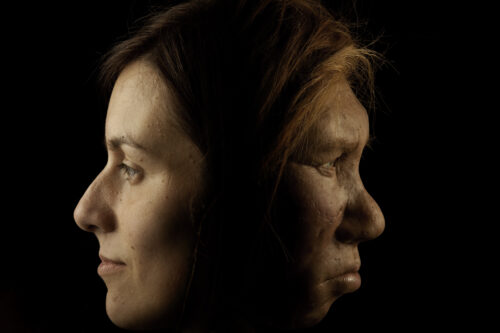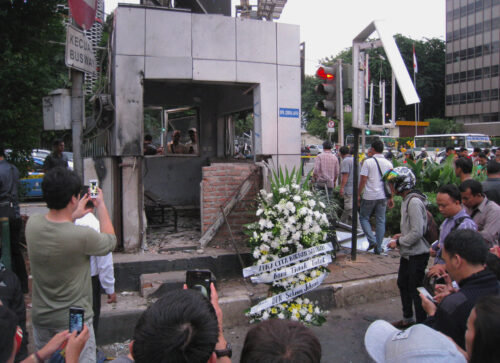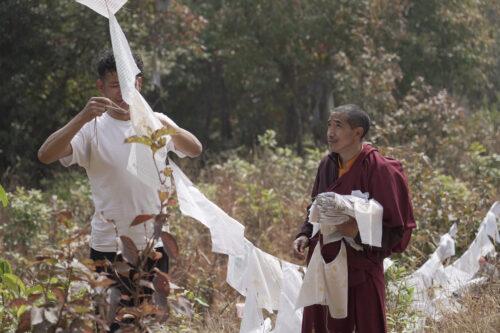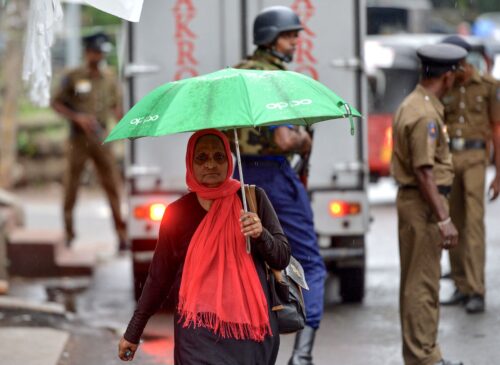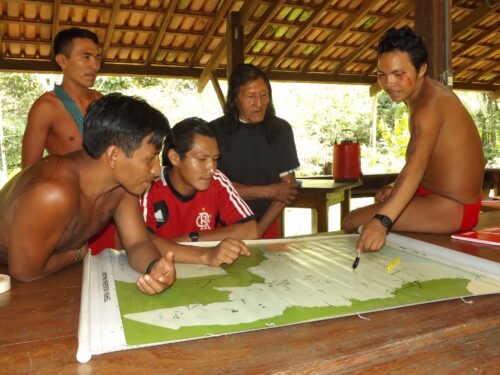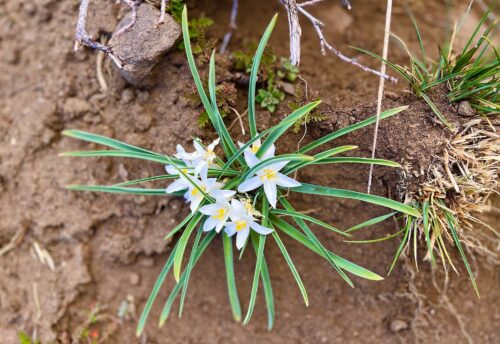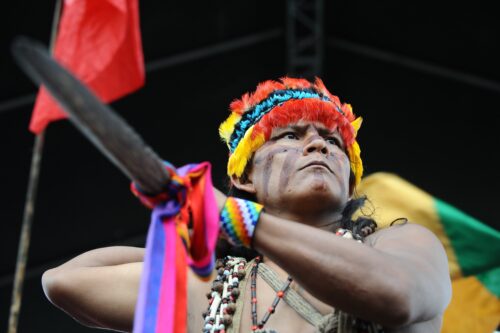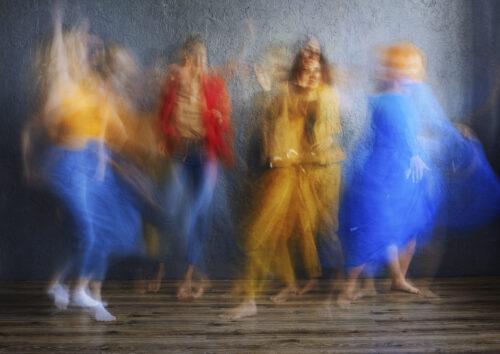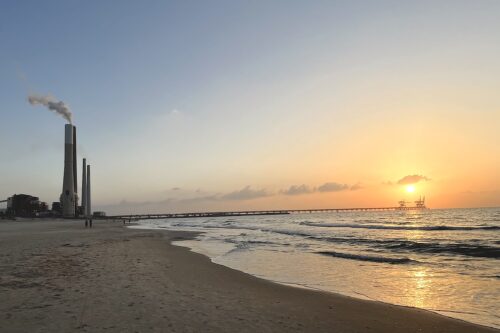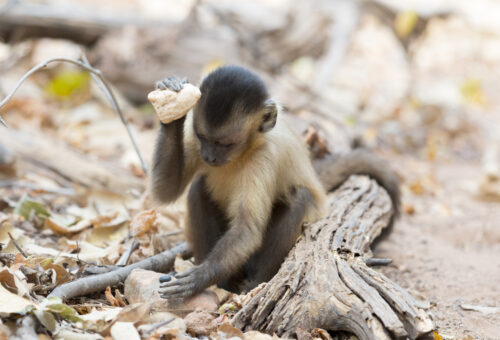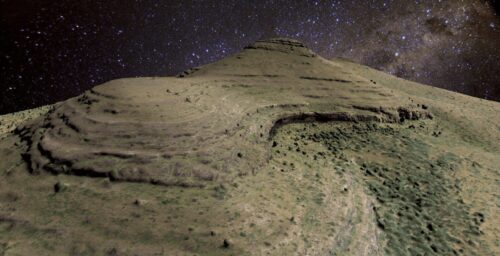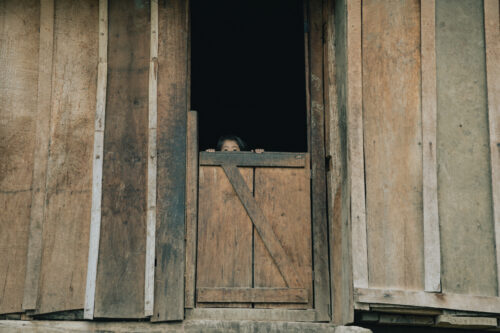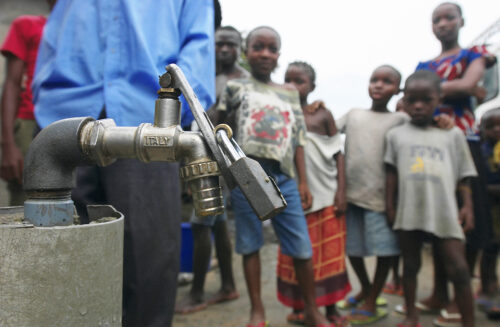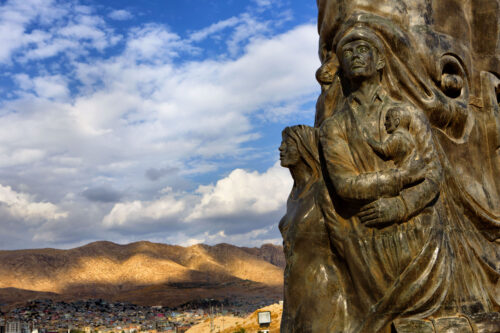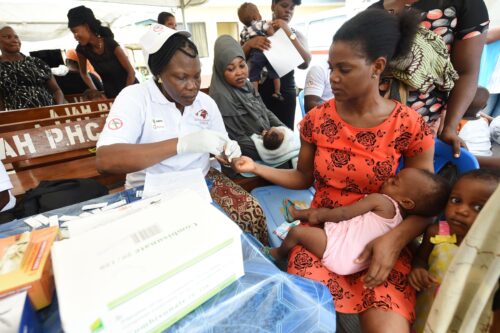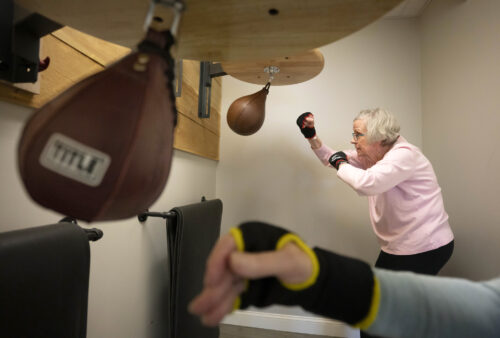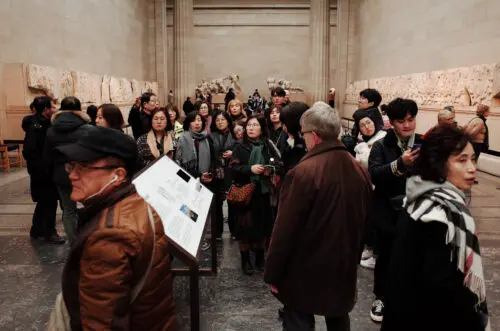When Asked if the World Would End They Answer No
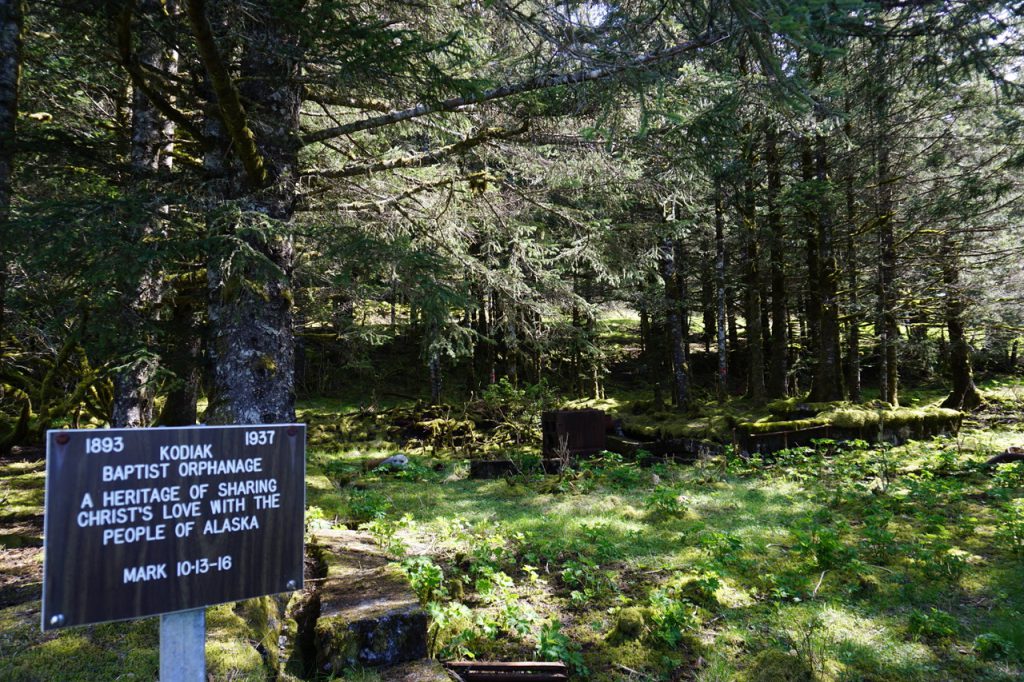
If you missed the introduction to “When Asked if the World Would End They Answer No,” you can find it here.
I knelt in the blanched tub
for the photograph
not wishing to offend.(Were there claws?)
How could the young
missionary know—
neither of us belonged
on that island
anymore.
How could he know that
that ground was not for
breathing.(Were there claws &
were they softened by
the weather? Field turn
relic—)
How could he know that
the children didn’t nurse
the story back
to health
That she knew
she was ill then—
the teacher
before she left
the boat.
It was only after
the boys’ summer
cabin was complete
they learned about
the grave.(Graves?
How many holes
are required?
How many
bodies
counted?)
I knelt in the belly
the sinking
shape and when
the limbs grew
tired
settled for the bottom
the sea
a landscape free of ruin.
Long ago they say
we started in boats
on a trip
we were young,
returned old.
Not even then did we find an end.
